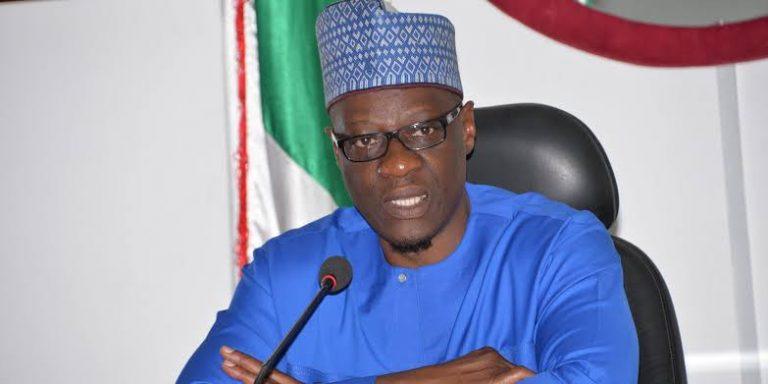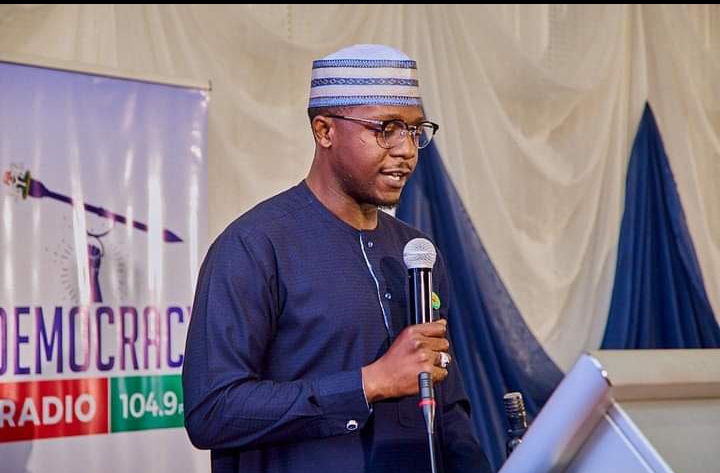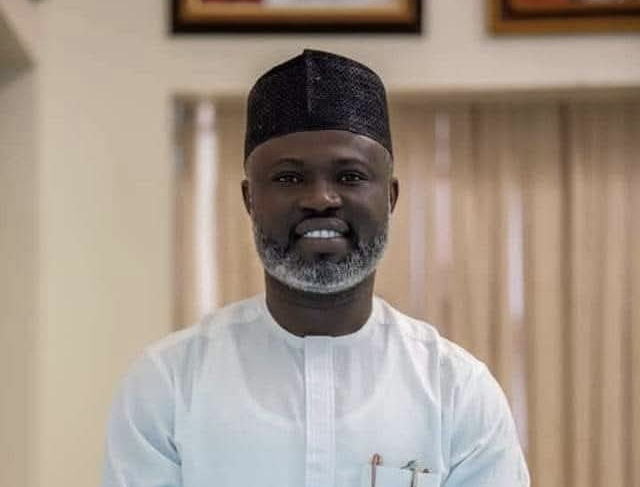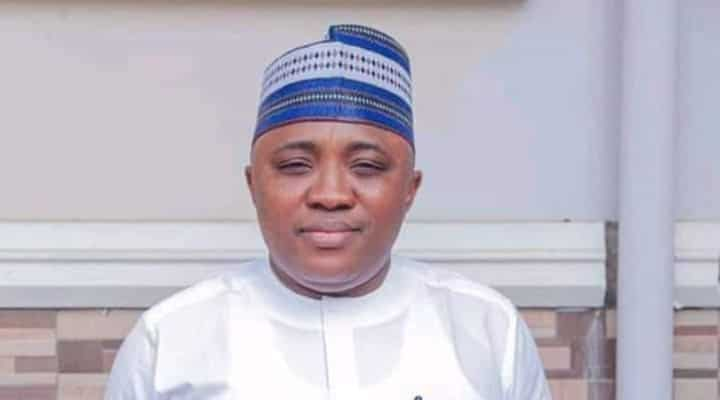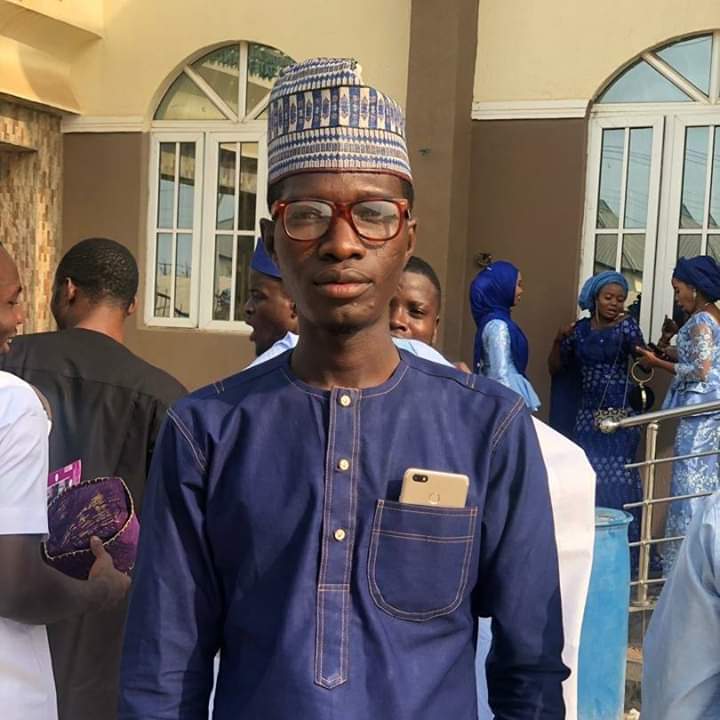[OpEd] SARDAUNA VS. TURAKI: Ilorin is the loser here!
By Mubarak Adebayo
The ongoing rift between the Governor of Kwara State, Mallam AbdulRahman AbdulRazaq, and Senator Saliu Mustapha, a first-term lawmaker and Chairman of the Senate Committee on Agriculture, Production Services, and Rural Development, is a prime example of how intraparty conflicts can shape governance, development, and political stability.
While the power tussle is rooted in Ilorin, its implications stretch far beyond. It is a cautionary tale about the consequences of disunity within a ruling party, the role of governance in development, and the larger question of leadership priorities in Nigeria.
Political observers are keenly watching how this face-off is playing out, as it appears to be a calculated attempt to weaken Senator Mustapha ahead of the 2027 elections. Reports suggest that the Kwara State Government has made deliberate moves to stifle the Senator’s ability to deliver federal projects and patronage to his constituents. A case in point is the alleged blocking of a ₦500 million federal government-funded pavilion meant for the Emir’s palace in Ilorin, an infrastructure project that would have benefited the people but fell victim to political rivalry.
More recently, at a major empowerment program organized by the Senator, attended by top ranking officials such as Deputy Senate President Jibrin Barau and APC National Secretary Senator Bashiru Ajibola, the absence of the Governor and key party figures in Kwara State was conspicuous. It was widely reported that party members were instructed to boycott the event. These actions, if true, suggest a deliberate effort to isolate a sitting Senator, undermining his influence and effectiveness in office.
This is not the first time that political infighting within a ruling party has led to unintended consequences. The history of Nigerian politics is replete with examples where internal conflicts have cost dominant political forces their grip on power.
In Lagos during the aborted Third Republic, intra-party strife within the Social Democratic Party (SDP) enabled the opposition National Republican Convention (NRC) to clinch the governorship seat. Similarly, Ilorin has witnessed bitter political battles that ultimately weakened its key political players. The feud between the late Dr. Olusola Saraki and Alhaji Akanbi Oniyangi in the 1980s led to both losing their positions of influence. Saraki, once the Senate Leader, was reduced to an ordinary Senator, while Oniyangi was replaced as a Federal Minister by someone from outside Ilorin.
Even further back, the first republic saw Ilorin’s political heavyweights, Alhaji Saadu Alanamu and Alhaji Yahaya Madawaki, engage in a fierce struggle that resulted in both men losing their positions to outsiders. These historical parallels serve as a reminder that when political actors from the same region or party turn on each other, the real losers are often the people they claim to represent.
The ongoing struggle between Governor AbdulRazaq and Senator Mustapha is symptomatic of a broader issue in Nigerian politics: the prioritization of political dominance over governance. The Kwara case underscores the fragility of political alliances and how personal ambitions often supersede collective development goals.
The feud in Kwara presents an opportunity for political and community leaders to reflect on the essence of leadership. Traditional rulers, religious organizations, and civil society groups must intervene to prevent further deterioration of governance in the state. Bodies such as the Ilorin Emirate Descendants Progressive Union and the Third Estate Group must rise to the occasion.
Political parties, especially the APC, must also take proactive steps to address such conflicts before they spiral out of control. If unresolved, this face-off could harm both politicians involved and destabilize the party’s hold on the state, as history has repeatedly shown.
If history has taught us anything, it is that when brothers fight, outsiders reap the benefits. Ilorin must not allow history to repeat itself. The time for reconciliation and leadership maturity is now.


